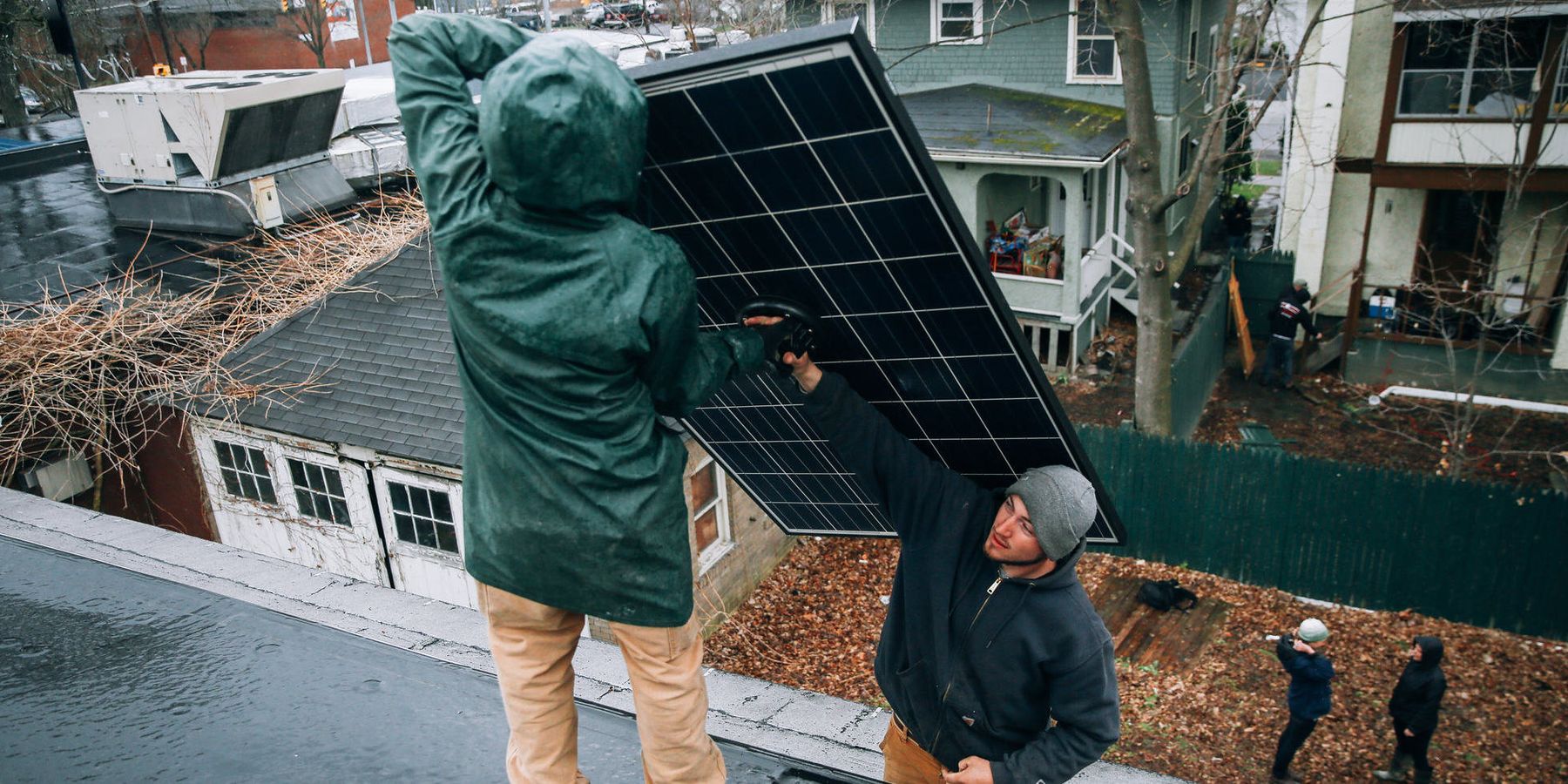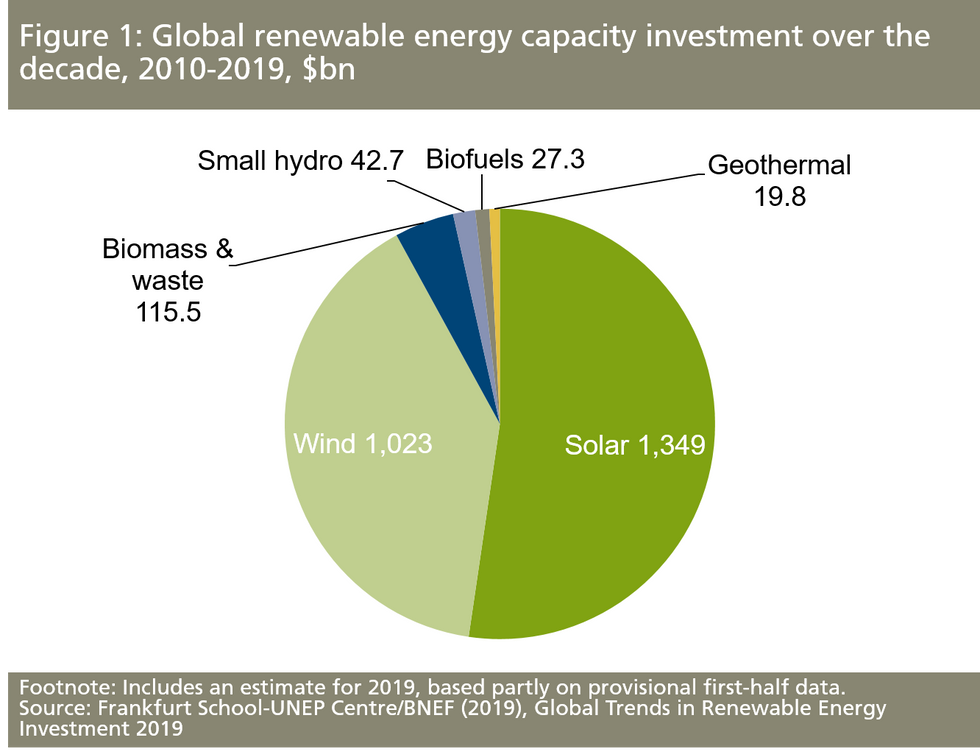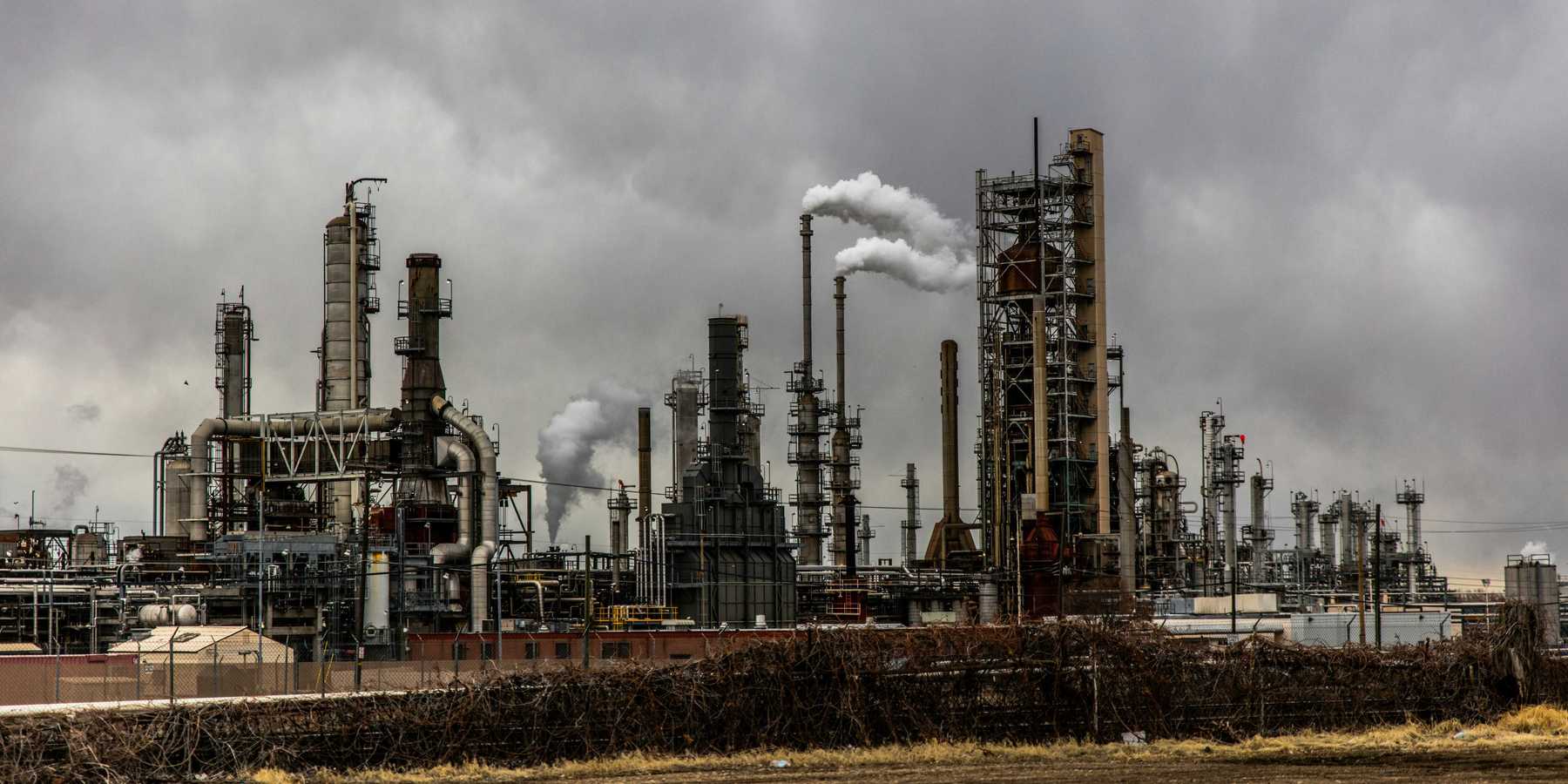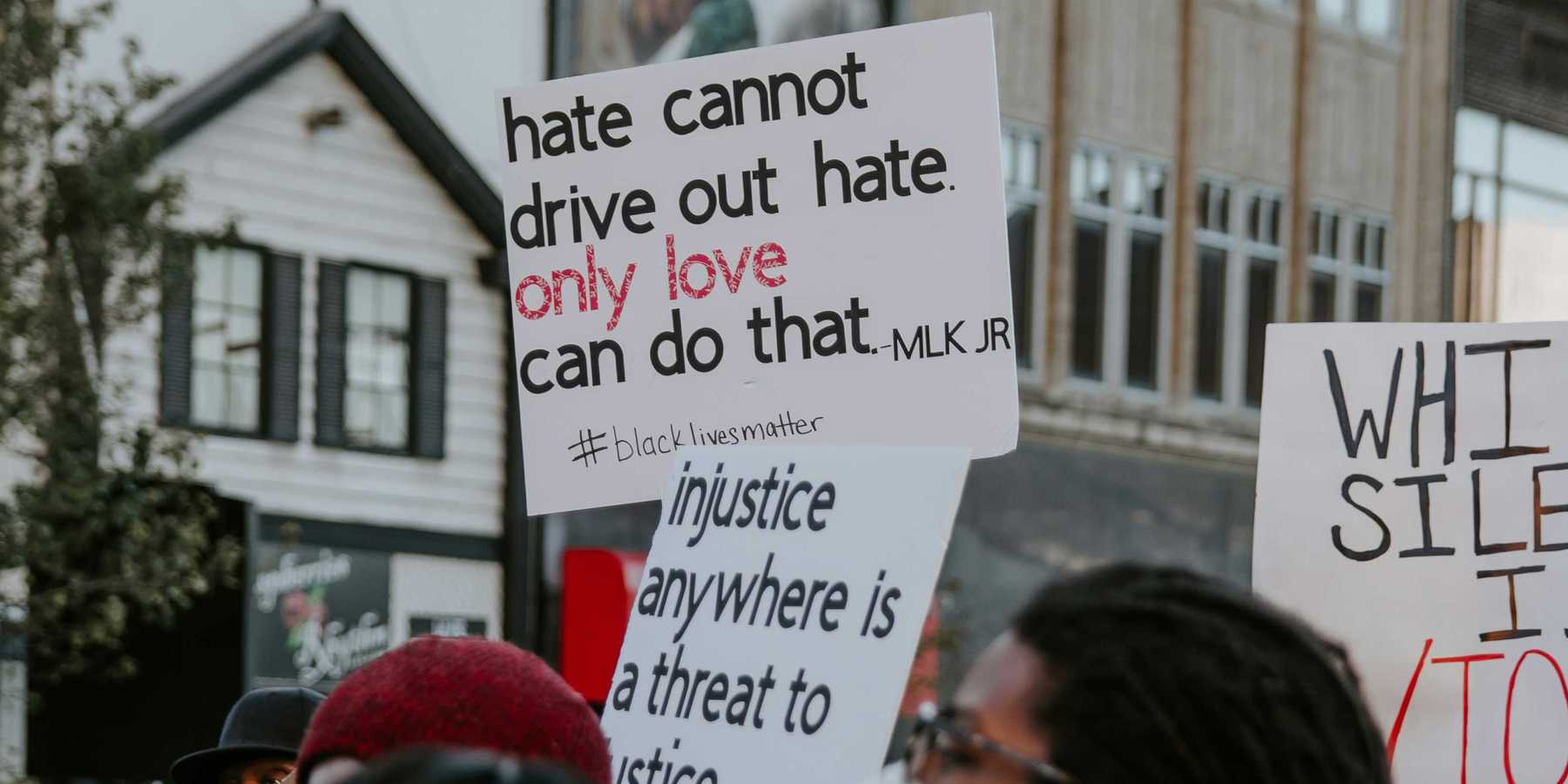
Peter Dykstra: Are you ready for some good news?
It's often our duty to report bleak news on climate and the environment. But let's not skimp on the good news—like the continued momentum of clean energy
After years of promise and halting progress, wind and solar energy have simply, undeniably, irrefutably arrived.
A report from the Rocky Mountain Institute foresees a world that, by the year 2035, has wind and solar energy positively crushing the reigning champ, natural gas. Touted as a "bridge fuel," advocates of gas—and of the hydraulic fracturing used to extract it—have told us that fracked natural gas, while still a fossil fuel, is measurably cleaner than oil or coal.
The reality is that fracking has brought us previously-unheard-of problems with methane releases, not to mention rampant use of water, sand, and a mix of chemicals and real estate shenanigans similar to a 19th Century gold rush.
A bridge fuel it's not. Fracking has also vaulted the U.S. into the world leadership of oil and gas production, according to the U.S. Energy Information Administration.
Cheap, abundant natural gas has largely priced coal and nuclear out of the electricity market. So, fracking's got that going for it, which is nice. Nevertheless, the RMI "bridge backward" study, if validated, can move markets and bring investment in new natural gas plants to a halt, and turn the controversial buildout of gas pipelines into a costly bust.
Not that the markets aren't already moving: Another report, released last week by the UN Environment Programme, charted a quadrupling of clean energy investment in the past decade. China leads the world in such investment, with the U.S. a distant second.
When an idea moves from visionaries, entrepreneurs and advocates to investors, it has indeed arrived.
Solar arrays are covering Carolina farmland. After years' worth of delays, offshore windmills are taking root, or are poised to jump off the drawing boards.
It's all within reach. If you don't believe me, believe the parting speech of the most recent Governor of Texas: "You can be proud that Texas produces more energy from wind turbines than all but five countries."
Well, that 2015 speech was from Governor Rick Perry. Since he became Trump's obedient Secretary of Energy, we don't hear such encouraging words. But the wind power success remains.
Solar isn't far behind, with some of the gaudiest progress happening on the vast roofs of big box stores, of all places.
These are victories, but they're not even a small fraction of what's needed for humanity to get a grip on itself. Avoiding a beef burger, taking public transit, buying a Prius, planting a few trees – these may do as much to assuage our eco-guilt as they do to fix what's broken.
It's late in the game. Wind, solar, storage batteries, carbon-free energy and dozens of other ideas, virtues, policies, and gadgets all need to show up – and soon.
Finally, we need to run those who deny science and block policy implications out of office and far from influence. There will be a time to engage them, and a time to ignore. A time to inform, and a time to ridicule.
We need it all, and soon. Or maybe right now.














